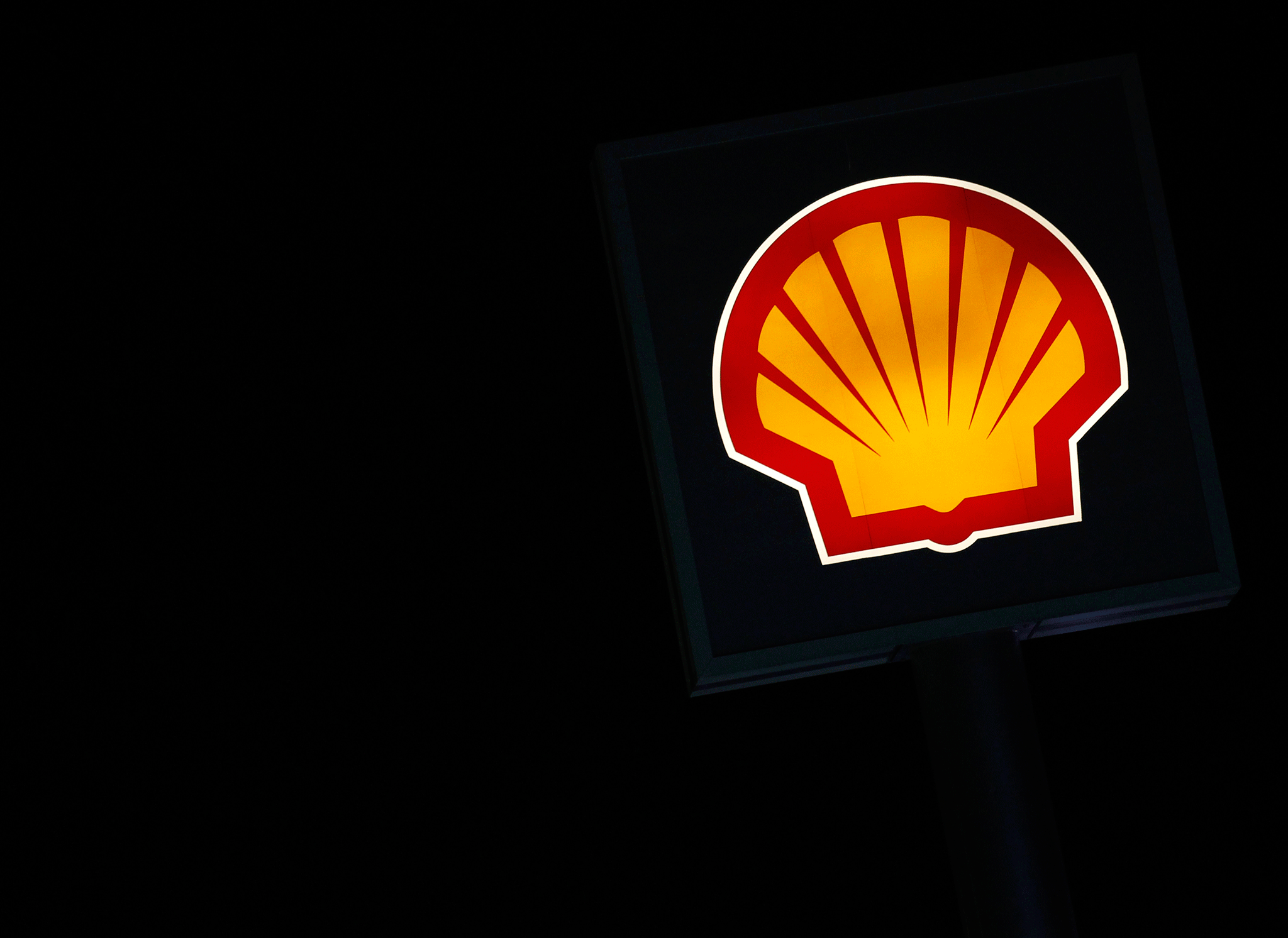Shell should face investigation over murder and rape by Nigerian military, says Amnesty International
Oil giant repeatedly encouraged Nigerian military to deal with protests, even when it knew this would lead to unlawful killings, rape, torture and burning of villages, NGO claims

Shell should face investigations in three countries for alleged complicity in Nigerian government abuses, including murder and rape, more than two decades ago in the oil-rich Niger River delta, Amnesty International said.
Authorities in Nigeria, the Netherlands and UK should investigate Shell’s conduct, especially in the Ogoni area of the southern delta, the London-based human-rights group said in a report on Tuesday.
Violations linked to Europe’s largest energy company amounted to criminal infractions for which it should be prosecuted, it said. Shell said the allegations “are without merit.”
“The evidence we have reviewed shows that Shell repeatedly encouraged the Nigerian military to deal with community protests, even when it knew the horrors this would lead to — unlawful killings, rape, torture, the burning of villages,” Audrey Gaughran, director of Global Issues at Amnesty International, said in an emailed statement. Shell “even provided the military with material support, including transport, and in at least one instance paid a military commander notorious for human rights violations,” she said.
Shell, the oldest energy company in Africa’s biggest oil producer, operates a joint venture with the government that pumps more than a third of the nation’s crude, the state’s main source of revenue. Other joint ventures are run by ExxonMobil, Chevron, Total and Eni.
Protests by the Ogoni ethnic minority against Shell in the 1990s alleging widespread pollution and environmental degradation prompted a repressive response from the military government then in power. Nine ethnic-minority activists, including the writer Ken Saro-Wiwa, were executed in 1995.
Shell “did not collude with the authorities to suppress community unrest and in no way encouraged or advocated any act of violence in Nigeria,” the company’s Nigerian unit said in an emailed statement. “We believe that the evidence will show clearly that Shell was not responsible for these tragic events.”
Bloomberg
Subscribe to Independent Premium to bookmark this article
Want to bookmark your favourite articles and stories to read or reference later? Start your Independent Premium subscription today.

Join our commenting forum
Join thought-provoking conversations, follow other Independent readers and see their replies